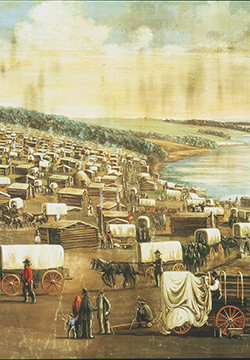May 4, 1844
Phelps assignee of Smith v. Law: The case regarded two promissory notes to Joseph Smith, dated January 24, 1842, which were subsequently assigned to W. W. Phelps on January 1, 1843. Plaintiff took nonsuit, and defendant recovered of plaintiff his costs on May 21, 1845.
